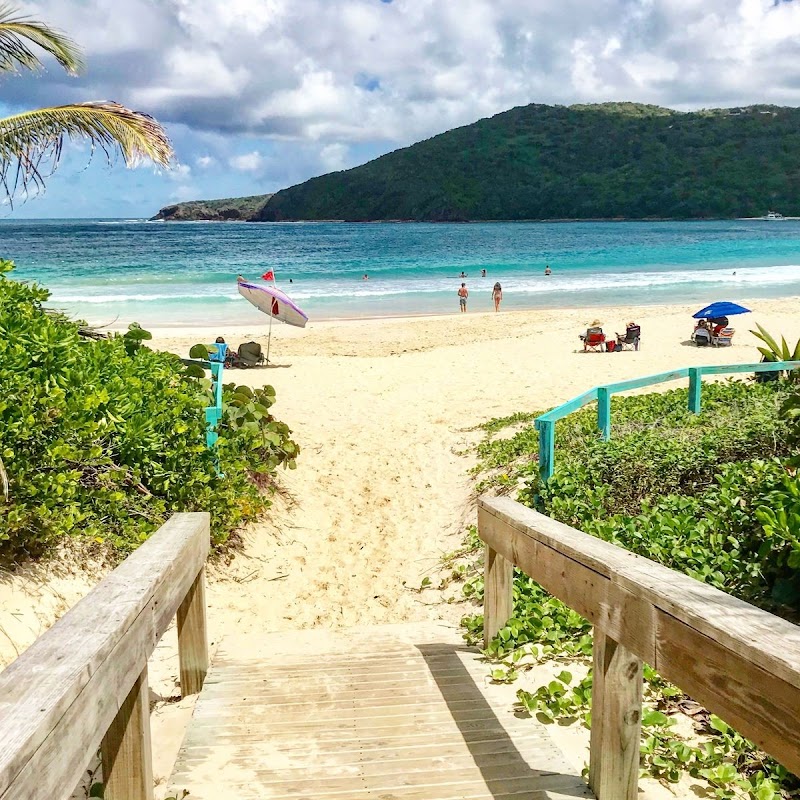
Culebra National Wildlife Refuge Adventures
Culebra National Wildlife Refuge protects vital coastal habitats on the island of Culebra, Puerto Rico, offering exceptional opportunities for wildlife viewing, snorkeling, and beachcombing within a tropical island setting.
About Culebra National Wildlife Refuge

The Culebra National Wildlife Refuge encompasses a collection of islands and surrounding waters off the coast of Puerto Rico, primarily focused on preserving sensitive coastal habitats such as coral reefs, seagrass beds, mangroves, and sandy beaches. Established in 1909 and managed by the U.S. Fish and Wildlife Service, the refuge plays a crucial role in protecting endangered species, including sea turtles, brown pelicans, and native seabirds. The refuge's geography revolves around the main island of Culebra and several smaller islets, supporting extensive coral reef systems that are among the healthiest in the Caribbean. Its beaches serve as important nesting grounds for leatherback, hawksbill, and green sea turtles. Visitors are drawn to the refuge for its pristine white sand beaches like Playa Flamenco and Playa Zoni, renowned for snorkeling and swimming in clear waters teeming with marine life. Birdwatching is outstanding, with rookeries for pelicans, egrets, and other coastal birds. The refuge also balances public access with habitat protection, offering limited hiking trails, guided tours, and designated areas for wildlife observation. The history of the refuge includes periods of military use, but the area is now a peaceful sanctuary dedicated to conservation and environmental education. The refuge appeals to outdoor enthusiasts interested in marine ecosystems, tropical wildlife, and quiet, natural beaches away from developed tourism hubs.
Highlights
Playa Flamenco: One of the Caribbean’s most stunning white sand beaches
Coral Reef Systems: Extensive, healthy reefs ideal for snorkeling and diving
Sea Turtle Nesting Sites: Crucial habitat for endangered leatherback and hawksbill turtles
Dengue Loop Trail: A short trail offering birdwatching and coastal views
Notable Natural Features
Playa Flamenco
A long crescent of powdery white sand beach with calm, clear waters ideal for swimming and snorkeling.
Coral Reefs
Rich coral formations provide habitat for diverse marine species, making the refuge a hotspot for underwater exploration.
Sea Turtle Nesting Beaches
Critical nesting habitat for endangered sea turtles including leatherback, hawksbill, and green turtles.
